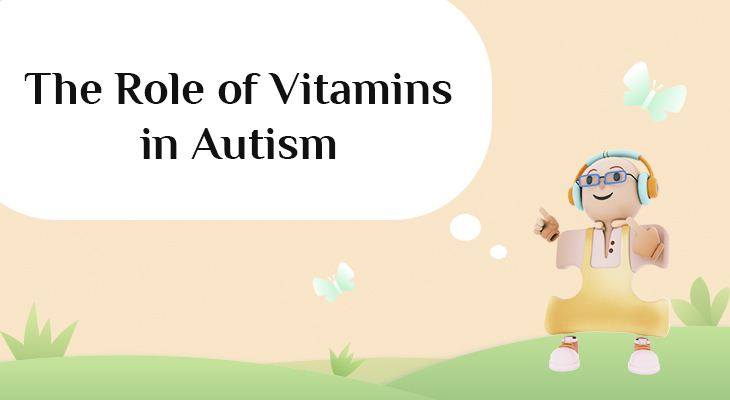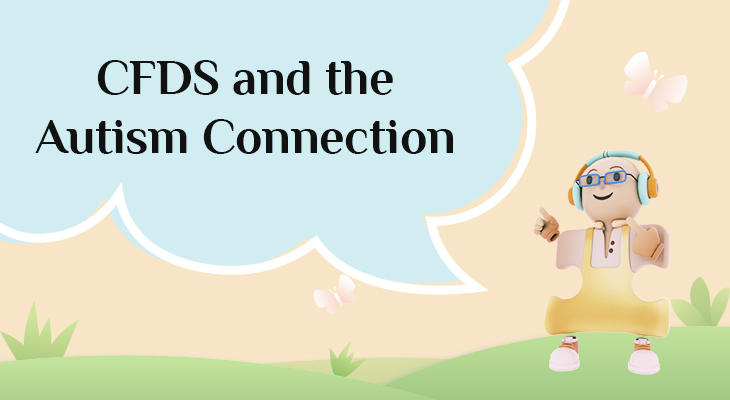
Introduction
Vitamins are essential organic compounds that the body needs in small amounts to function properly. They play various roles in maintaining health, including supporting immune function, promoting healthy skin, aiding in energy production, and helping with cell and tissue repair. Unlike macronutrients (carbohydrates, proteins, and fats), vitamins do not provide energy, but they are vital in metabolic processes that help the body make use of the food we eat.
Vitamins are classified into two main categories:
- Water-Soluble Vitamins: These include vitamins B (like B1, B2, B3, B6, B12, and folate) and vitamin C. They dissolve in water and aren’t stored in the body for long, meaning we need a continuous supply from food. Excess amounts are typically excreted in urine.
- Fat-Soluble Vitamins: These include vitamins A, D, E, and K. They dissolve in fat and can be stored in the liver and fatty tissues for longer periods. While this allows the body to draw on reserves when needed, it also means that taking too much can lead to toxicity.
Here is a brief overview of Vitamins:
Key Functions of Vitamins
- Vitamin A: Essential for vision, immune health, and cell growth.
- B Vitamins: Support energy production, brain function, and red blood cell formation.
- Vitamin C: Acts as an antioxidant, promotes skin health, and aids in wound healing and immune defense.
- Vitamin D: Supports bone health by helping absorb calcium, and plays a role in immune function and mood regulation.
- Vitamin E: An antioxidant that protects cells from damage and supports immune health.
- Vitamin K: Important for blood clotting and bone health.
Vitamins are generally good for you when consumed at recommended levels. They are crucial for overall health and preventing deficiencies that can lead to various health problems. For example:
- Vitamin C deficiency can lead to scurvy, a condition characterized by bleeding gums and weakened immunity.
- Vitamin D deficiency can lead to weakened bones and, in severe cases, rickets in children.
- Vitamin B9 and B12 deficiencies can cause anemia and cognitive difficulties.
Benefits of adequate vitamin intake include better immunity, more energy, stronger bones, and overall well-being. A balanced diet usually provides all the vitamins your body needs, but certain life stages or health conditions may increase the need for specific vitamins.
While vitamins are essential, most people can meet their needs through a balanced diet rich in fruits, vegetables, whole grains, lean proteins, and healthy fats. However, some people might benefit from supplements, including:
- People with restrictive diets (e.g., vegans, vegetarians) might need B12 supplements.
- People with limited sun exposure may benefit from vitamin D supplements.
- Pregnant or breastfeeding women often need folate and other prenatal vitamins.
- Older adults may need vitamin B12 and D supplements due to changes in nutrient absorption.
With this in mind, many have inquired about the influence of vitamins in Autism. It would seem that maybe there is some type of connection here.
The implications of vitamins on autism, however, are complex and can vary widely based on the individual. Certain vitamins might influence autism symptoms and overall health outcomes. Although there is no definitive scientific evidence on this, research surrounding vitamin use for individuals with autism is ongoing. There may be some ancillary evidence on the efficacy of vitamins in autism, and some of the areas studied relate to:
1. Cognitive and Behavioral Support
- Some studies suggest that specific vitamins, like B vitamins (especially B6 and B12), might support cognitive function and behavior in children with autism. These vitamins play a role in neurotransmitter synthesis, which is crucial for mood and behavior regulation.
- For some, B vitamins might help with hyperactivity, irritability, and repetitive behaviors. However, responses are individual, and not all studies confirm these effects, suggesting that benefits might depend on addressing any specific deficiencies.
2. Potential for Reducing Oxidative Stress
- Oxidative stress is a concern in autism research, as some studies find increased levels of oxidative markers in people with autism. Vitamins like C and E are powerful antioxidants, and they might help mitigate oxidative stress, potentially influencing cellular health and brain function.
- Though antioxidants are generally beneficial, the exact impact on autism symptoms is not fully understood, and some studies are ongoing to determine their specific effects.
3. Addressing Immune and Inflammatory Responses
- Vitamin D is especially noted for its role in immune regulation and has anti-inflammatory properties. Some research indicates that low vitamin D levels are more common among people with autism, and this deficiency might influence mood and immune function. Adequate vitamin D levels might help with both brain development and immune responses.
- There’s mixed evidence on whether vitamin D supplementation directly impacts autism symptoms, but addressing a deficiency could still be beneficial for overall health and potentially alleviate some related symptoms.
4. Gastrointestinal Health and Nutrient Absorption
- Many individuals with autism experience gastrointestinal issues, which can affect nutrient absorption. This can lead to deficiencies in essential vitamins, including B vitamins, vitamin D, and other fat-soluble vitamins. These deficiencies might then exacerbate symptoms like irritability, fatigue, and mood changes.
- Supplementing to correct deficiencies might improve these symptoms, particularly if they are partly due to malabsorption or GI-related nutrient losses.
5. Sensory and Developmental Support
- Deficiencies in essential nutrients like vitamin B12 and folate (B9) can impact sensory processing and nervous system development. Low levels of these vitamins can sometimes be linked with symptoms of fatigue, sensory sensitivity, and mood disturbances.
- Research is ongoing into whether supplementing these vitamins might help individuals with autism who show symptoms of deficiency, but so far, individual outcomes vary widely.
Current Limitations and Research Directions
- Mixed Evidence: While many parents and some studies report benefits of certain vitamin supplements, the overall scientific consensus is not yet strong enough to recommend widespread vitamin supplementation as a treatment for autism symptoms. Evidence is still emerging and mixed across different studies.
- Individualized Needs: The effectiveness of vitamin supplementation seems to depend on individual health profiles, including specific deficiencies, sensitivities, and the overall diet of the person with autism. Testing for deficiencies is key before introducing any new supplement, especially fat-soluble vitamins that can accumulate in the body.
- Safety and Dosage: Careful consideration of dosage is essential, as excess intake can have adverse effects. For instance, high levels of vitamin D or certain B vitamins can be toxic, and too much vitamin C can cause digestive discomfort.
Practical Implications
For parents or caregivers of children with autism, vitamins may be part of a comprehensive approach to supporting health and development, especially when specific deficiencies are identified. Here are practical ways to manage vitamin intake in relation to autism:
- Work with a Healthcare Professional: Consulting with a pediatrician or nutritionist who understands autism is crucial to assess any specific deficiencies and recommend the correct form and dose of any supplements.
- Focus on a Balanced Diet: Encouraging a varied diet rich in whole foods, fruits, vegetables, and lean proteins can provide many essential vitamins and minimize the need for supplements.
- Monitor Responses Carefully: Keeping track of any changes in mood, behavior, or GI health after starting a supplement can help assess if it is having the desired effect or if adjustments are needed.
Overall, vitamins are not a cure or standalone treatment for autism, but they may be valuable in addressing specific health needs when used thoughtfully and in consultation with healthcare providers.



